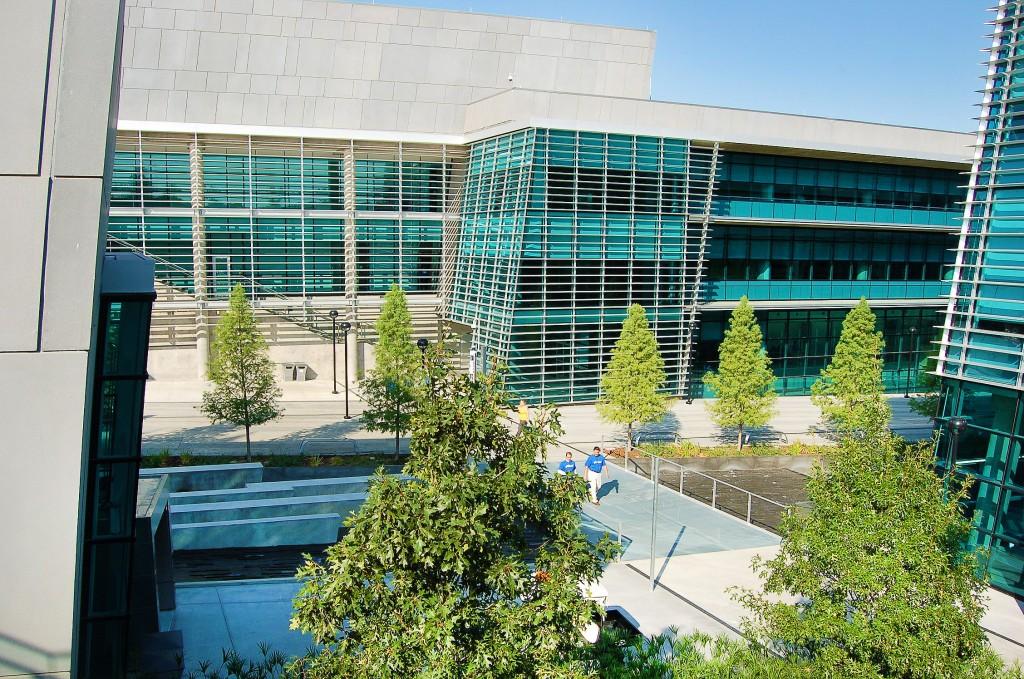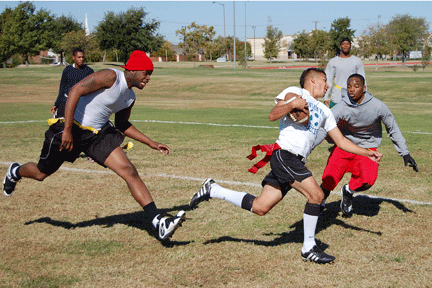By Bethany Peterson/editor-in-chief
Students will pay $6 more for a three-hour class starting this spring.
TCC’s board of trustees voted Monday to raise tuition by $2 a credit hour. The board did not approve a plan to raise tuition by $2 each year for the next five years as previously considered.
The board also approved a 1.13 cent increase for each $100 assessed value in property tax to take effect this year. That means, for example, the owners of a home in Tarrant County valued at $147,000 will see a $17 tax increase this year.
The extra money, estimated at about $13 million, will be used to bring existing buildings up to code, fund feasibility studies for projects on two campuses and move forward in designing an energy technology center on South Campus.
“We are responsible for bringing things up to code that were built to code 40 or 35 years ago that are no longer at code,” Chancellor Erma Johnson Hadley said.
Five community members addressed the board, all expressing negative opinions of the increases.
“You don’t need to look at a performing arts center,” Tarrant County resident Randall Kressler said. “There are plenty of other facilities in town.”
Single mother Darla Davis told the board she couldn’t afford a tax increase.
“I need a new vehicle now, but I have to continue to go to AutoZone,” she said. “Now, performing arts can wait. That’s a want. That’s not a need, but there is a need for us to keep paying the bills.”
Hadley said the new centers would help the community.
The proposed buildings would allow for new certification programs to be offered.
“Most of these programs are going to be certificate programs, which means a student can get a certificate of completion and maybe later come back and get an associate degree while they are earning at a higher level,” Hadley said.
The performing arts center would facilitate piano technology, recording engineering, concert sound and lights, theater management and commercial music — programs not currently available.
The facility would include classroom and performance space for dance and theater and gallery space as well as space for community events.
NW Campus’ aviation department would use the Alliance Center to teach aircraft assembly repair, flight training and logistics.
Preliminary plans call for the South Campus energy technology building to house programs including renewable energy, natural gas, industrial refrigeration, building operations and industrial maintenance.
The board passed the tax and tuition increase by vote of 4-2. Joe Hudson and Kristin Vandergriff voted against the increase.
“I know the amount we are increasing in tax and tuition is small,” Hudson said. “If you’re looking at $30 a semester, that’s not a lot of money to people who have a lot of money. But if you’re washing dishes for support just to make it through college, $30, according to my experience, will keep you in peanut butter sandwiches for two weeks.”
O.K. Carter voted in favor of the increase.
“It behooves us to create many, many more certifications,” he said. “It’s painful, but the community gets an enormous amount of benefit.”
Other projects include improvements to Henderson Street security on TR Campus and renovations and improvements on NW, NE, South and SE campuses.
In the spring, in-district tuition will be $52, out-of-district $76 and non-resident tuition $171.
The board also voted to give the chancellor the interim authority to establish non-credit tuition and fees including free tuition when state and local funds cover the cost of standard tuition.
The board had moved unanimously at its Aug. 18 meeting to postpone the budget vote until the public had another chance to voice opinion on the proposed higher tax and tuition rates.
The board also voted to transfer management of the funds received from the natural gas wells on college property to the TCC Foundation. The total funds transferred are about $7 million. The foundation now manages a total of $13 million.
The Foundation manages gifts, grants and other donations made to the college for scholarships for credit and continuing education students and professional development for faculty and staff.
























